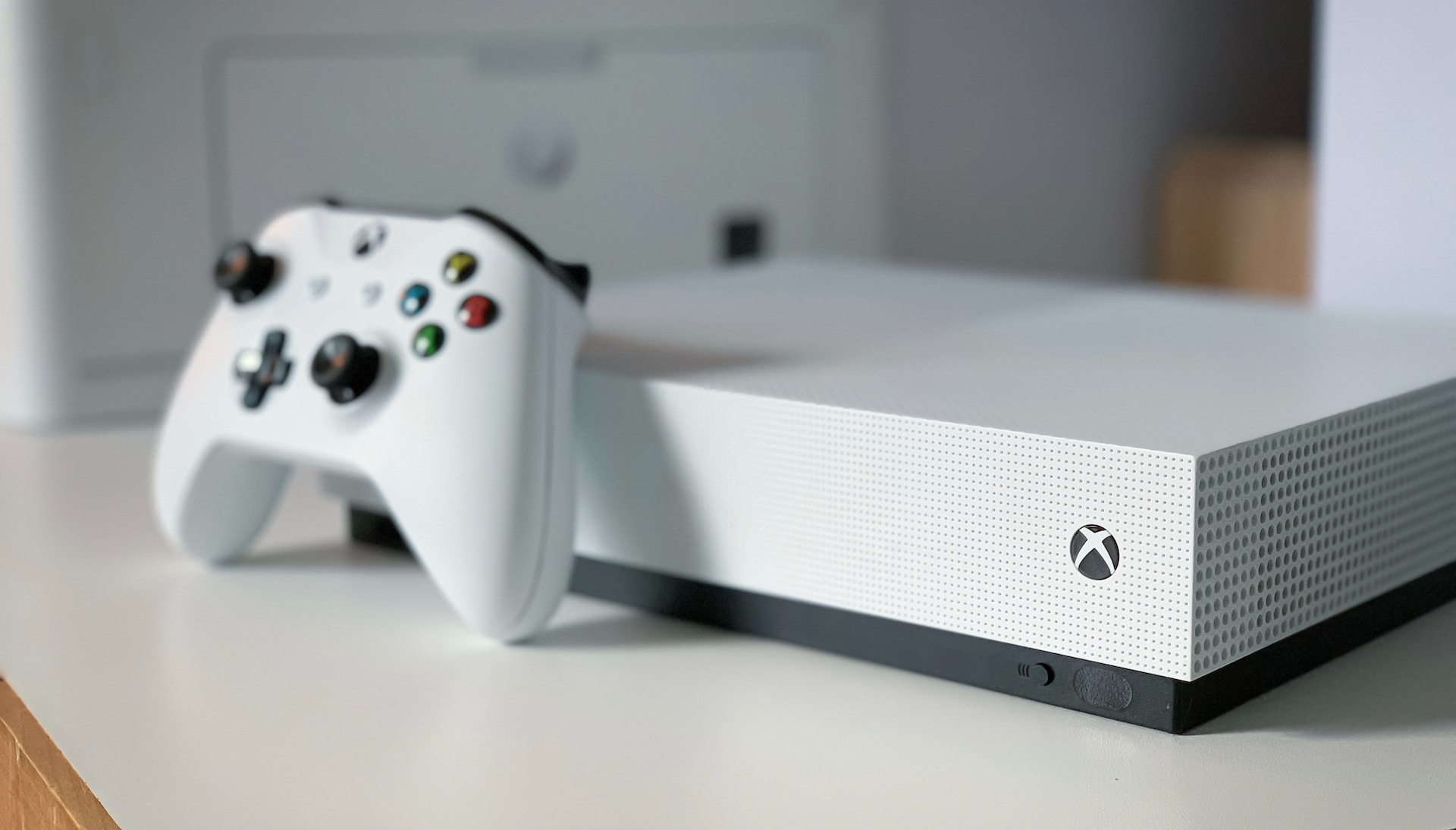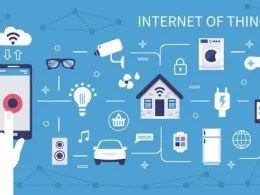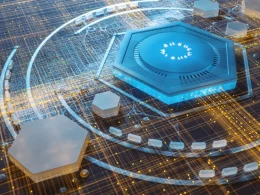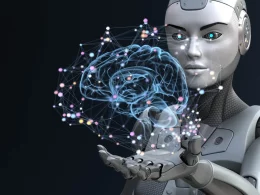Health tech innovations are currently the hottest topic in the world of healthcare. Conversations often revolve around the cost and efficiency of healthcare services, and health tech is at the forefront of these discussions. This booming industry encompasses everything from powerful CT scanners in hospitals to the EKGs in your Apple Watch, fundamentally changing healthcare paradigms. It promises more effective care at lower costs, reaching a broader audience through disruptive innovations from some of the world’s most innovative tech companies.
What Are Health Tech Innovations?

Health tech describes any digital technology used in healthcare, from wearable devices like FitBits to complex databases that store and analyze vast amounts of health data. The goal of health tech is to save more lives more efficiently by leveraging the vast amounts of sensor data available today.
Health tech aggregates information from the Internet of Medical Things (IoMT) and delivers it to doctors, surgeons, first responders, and dispatchers, enabling them to administer healthcare more effectively. According to a Deloitte report, the IoMT is estimated to be worth $158.1 billion by 2022.
By cutting response times and improving patient outcomes, health tech innovations are reducing costs and man-hours while enhancing the quality of care patients receive. This is particularly vital for a healthcare industry in need of significant change. Let’s explore six health tech innovations that are leading the charge.
1. Smart Watch EKGs
Apple recently released a physician-approved EKG app for Apple Watches. FitBit and Samsung are also pursuing similar opportunities. These portable EKGs provide valuable cardiovascular insights to everyday people.
For the average person with a healthy heart, it’s an additional layer of health data. But for someone with atrial fibrillation, a condition affecting over 2.5 million Americans annually, it can be a life-saving early detection system.
These apps send warnings to wearers when irregular heart rates are detected, and this data can be shared with their physicians if complications persist. Through solutions like RapidSOS, this data can be forwarded to doctors or hospitals immediately upon detection, with user permission.
2. Smart Pills
Smart pills are ingestible biometric scanners that can perform a variety of medical functions internally, from imaging and scanning to drug delivery. Unlike permanent devices like pacemakers, smart pills pass through the system once their job is complete.
These devices provide doctors and researchers with unprecedented information about a patient’s internal body temperature, local pH, and more. They can also detect warning signs for ulcers, tumors, and bleeding along the GI tract. Smart pills are often more cost-effective and less invasive than many alternatives. Eventually, they will be able to administer drugs in specific areas based on certain vital conditions.
The advancement of miniaturized wireless communications is critical for smart pills, with companies like Google, Medimetrics, and Proteus Digital Health leading the way.
3. Remote Medical Consults and Monitoring
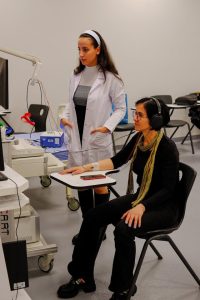
Telemedicine involves remotely diagnosing medical conditions via telephone or other forms of communication. Although not a new concept (with teleradiology dating back to the 1950s), the prevalence of the internet has greatly expanded healthcare professionals’ capability to diagnose and assess patients remotely.
Programs like Zoom, Skype, or EasyMeet enable doctors to schedule remote visits with patients in rural or underserved areas, providing greater access to vital healthcare services.
In emergencies, remote medical conferencing can rapidly diagnose and triage patients when resources and manpower are scarce. Additionally, by equipping patients with IoMT sensors, doctors can track their patients’ vitals from afar, making remote appointments more impactful.
4. Wearable Biometric Sensors
Wearables do more than just track steps. Biometric sensors are integrated into everything from smart clothing to RFID chips in NFL players’ shoulder pads. These high-tech garments track heart rate, emotional state, fitness goals, sleep patterns, and more.
These sensors are not just gimmicks for consumers looking to optimize their lives. They collect valuable information that can be sent to physicians or first responders to aid in diagnosis and recovery. Physicians can use this data to monitor patients with known health issues or manage and stay on top of treatment plans.
5. AI and Deep Learning for Diagnosis
Artificial intelligence (AI) has wide-ranging implications across nearly every industry, including healthcare. In medicine, powerful AI can synthesize hundreds of years of medical data and compare it to a patient’s vitals to form a diagnosis. Much like an experienced doctor’s intuition, AI can filter through millions of data points in mere seconds and is considered “on par with human experts when making medical diagnoses based on images.”
Medical AIs use deep learning algorithms, a form of machine learning relying on massive, unsupervised neural networks. These networks test, re-test, and “learn” outcomes based on huge data inputs, like the sequenced human genome or the intracellular signals of specific types of cancer.
Startups like Lunit are leading these revolutionary new methods of treating diseases.
6. Hospital Data Links
IoMT devices are making more data available to physicians and first responders than ever before. The modern Smart Hospital collects data from multiple sources to deliver effective and personalized care. However, efficiently delivering this data at scale remains a challenge.
Companies like RapidSOS help bridge this gap by providing API integrations for IoT companies, connecting them to 9-1-1, hospitals, and other relevant parties. Instead of relying on patients to export their sensor data or waiting for remote consultations to discuss findings, data links can send alerts to hospitals immediately upon trigger events. When wearable EKG detects an arrhythmia, these data links can offer users an option to call for help, sending valuable information along with it.
Personalizing Healthcare with Health Tech Innovations
The IoMT is creating a patient-driven healthcare ecosystem, where diagnoses and treatments are tailored to individuals’ needs based on high-quality sensor data. From the moment an episode occurs, IoMT sensors collect data that healthcare professionals need to do their jobs more effectively than ever before. Healthcare professionals no longer have to solely rely on patients’ descriptions of events to determine their course of action—patients’ bodies can provide the necessary information directly.
Conclusion
Health tech innovations, from smart watch EKGs and smart pills to wearable biometric sensors, AI diagnostics, and advanced data links, are revolutionizing the healthcare industry. These innovations are enhancing the quality of care, improving patient outcomes, and making healthcare more efficient and accessible. As health tech continues to evolve, it holds the promise of a future where personalized, effective, and accessible healthcare is the norm rather than the exception.







